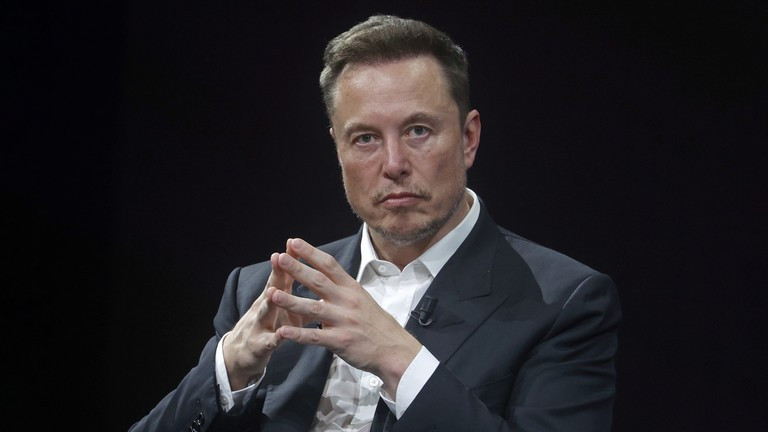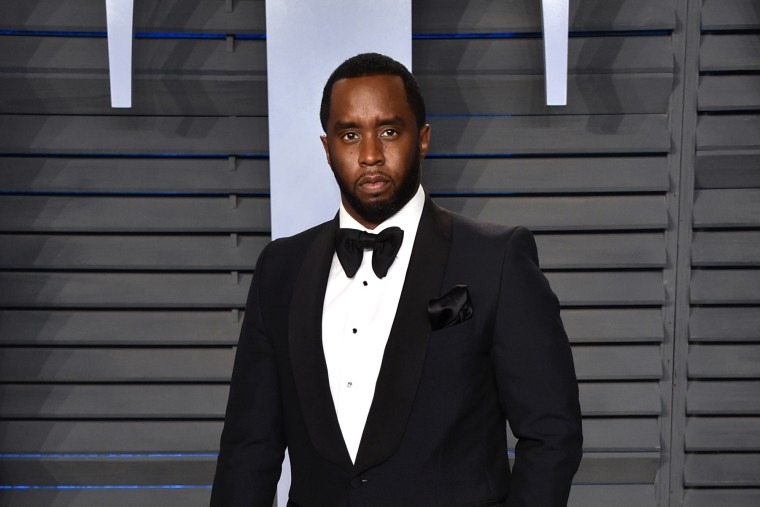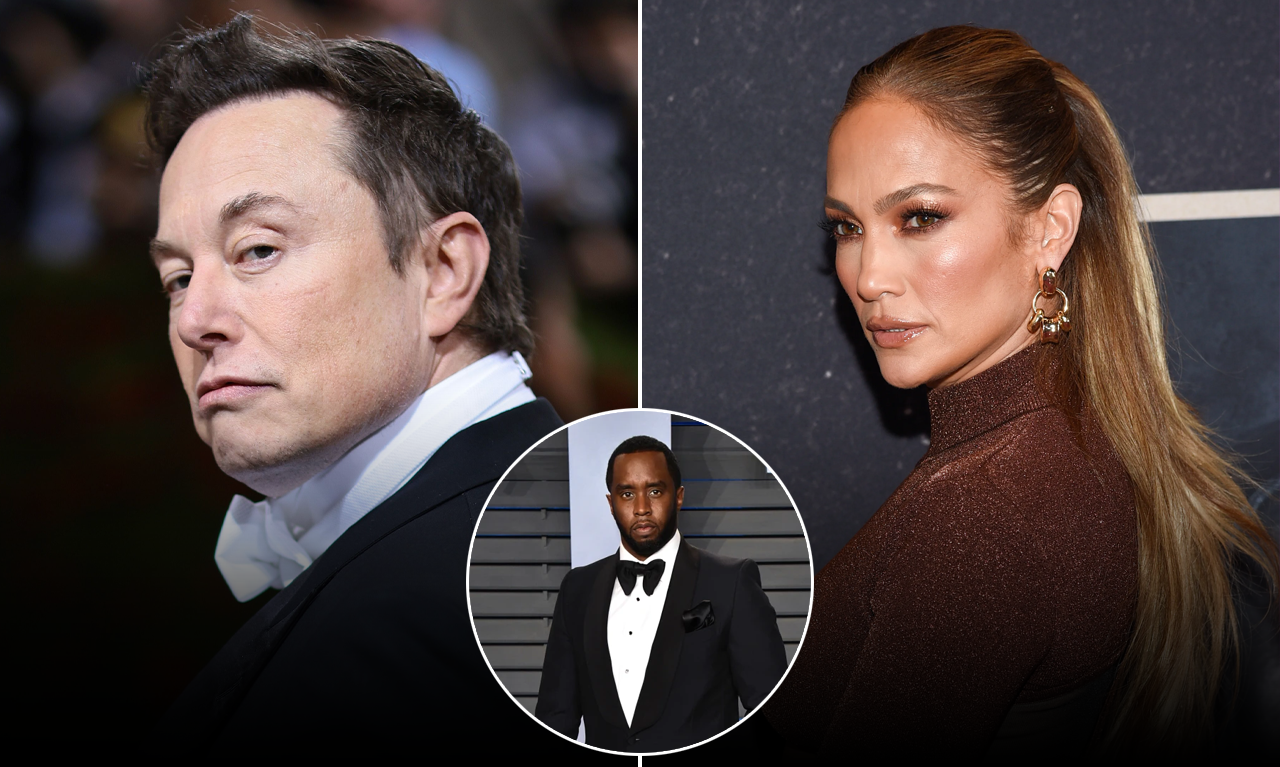
In a recent episode of Joe Rogan’s podcast, tech billionaire Elon Musk stirred controversy with his comments directed at singer Jennifer Lopez, taking issue with her public criticism of former President Donald Trump while remaining silent about disturbing allegations against her ex-boyfriend, music mogul Sean “Diddy” Combs. Lopez had previously made headlines for speaking out against Trump at a rally for Vice President Kamala Harris, but her silence on the serious allegations facing Diddy has now drawn sharp criticism from Musk, sparking a heated discussion.
During the podcast, Musk voiced his views candidly, questioning Lopez’s priorities and judgment in addressing public figures with controversial pasts. He pointed out that while Lopez did not hesitate to condemn Trump in a high-profile setting, she has remained notably silent on Diddy’s recent accusations, which involve sex trafficking, racketeering, and multiple allegations of rape and sexual assault, some allegedly involving minors. Musk suggested that her silence might reflect a lack of accountability within the entertainment industry, particularly when it comes to addressing allegations against powerful insiders.

“J Lo was like his ex-girlfriend,” Musk said, referencing Lopez’s relationship with Diddy from 1999 to 2001, a time when the two were considered one of the music industry’s most high-profile couples. “And now she’s out here warning people against Trump. How many people did she warn about Diddy? Right? Zero. Maybe we shouldn’t trust her,” Musk remarked, implying that her judgment on Trump might lack credibility in light of her silence on Diddy.
Joe Rogan, well-known for his blunt takes and willingness to tackle controversial topics, supported Musk’s points, commenting on the double standard in the entertainment industry. Rogan highlighted how several high-profile figures who once associated with Diddy at his exclusive “freak-off” parties are now outspoken advocates in political spheres, including Harris’s camp. “It’s peculiar that so many who frequented his gatherings are now outspoken supporters of Harris,” Rogan noted, questioning the motivations of those who once surrounded Diddy.
Musk then took his critique a step further, expressing his frustration with what he perceives as widespread industry complicity. He suggested that many figures within the music and entertainment world must have been aware of Diddy’s alleged actions but chose to ignore or even enable them. “People in the music entertainment industry had to know that Diddy was like…abusing, you know, kids basically, and yet they still fed him kids. Where’s the accountability?” Musk asked, raising questions about the ethical responsibilities of those who participated in or supported Diddy’s lifestyle.
Lopez’s former relationship with Diddy is well-documented, as the pair was one of the most closely watched couples of the early 2000s. Their relationship ended in 2001 after a high-profile incident in which both were detained following a nightclub shooting linked to Diddy’s entourage. Although Lopez distanced herself from the incident at the time, the recent accusations against Diddy have reignited public interest in his past and those connected to him. Lopez, who has largely avoided commenting on Diddy’s controversies, has yet to respond to Musk’s pointed remarks.

The recent allegations against Diddy, which include reports from both men and women claiming years of abuse and manipulation, have placed significant pressure on those who were close to him during those years to speak out. These accusations have not only resurfaced painful memories for alleged victims but have also prompted a closer examination of the music industry’s culture, which has often been accused of turning a blind eye to misconduct by high-profile artists. Diddy’s “freak-off” parties, described as extravagant gatherings known for their exclusivity and secrecy, have faced renewed scrutiny as some attendees have stepped forward with unsettling accounts of what allegedly occurred behind closed doors.
Musk’s comments have further intensified the conversation surrounding the entertainment industry’s perceived complicity. He questioned why individuals, especially those who were close to Diddy, have not come forward sooner or have chosen to remain silent despite knowing the accusations. His remarks imply that figures like Lopez, who once shared an intimate relationship with Diddy, might hold a unique responsibility to speak out, given the gravity of the allegations and the visibility of their past relationship.
Rogan and Musk’s exchange reflects a growing public expectation for transparency and accountability within the industry. With the entertainment world increasingly held under the microscope for its handling of abuse allegations, Musk’s comments serve as a call to action for those connected to controversial figures to address the issue openly. The broader implications of Musk’s criticism may extend beyond Lopez, pressuring other industry insiders to confront uncomfortable truths and reexamine past relationships in light of recent accusations.
As the public awaits Lopez’s response, the spotlight remains on the music industry and its handling of allegations against its most powerful figures. For many, Musk’s comments represent a challenge to the culture of silence that has long permeated Hollywood, especially concerning allegations of abuse and exploitation. Whether Lopez or others will respond to these criticisms remains to be seen, but the conversation ignited by Musk and Rogan underscores a shifting landscape where accountability is becoming increasingly demanded.
As Lopez faces mounting scrutiny, her decision on whether to address Musk’s comments will be watched closely. This moment may prove pivotal in her public image, as both fans and critics question the responsibilities of those in positions of influence and the role of transparency in healing past injustices.








